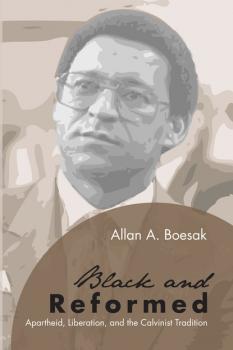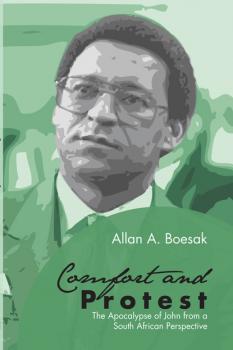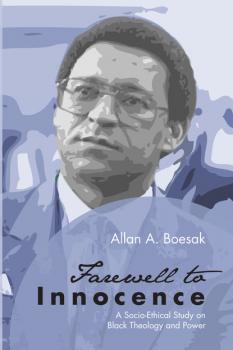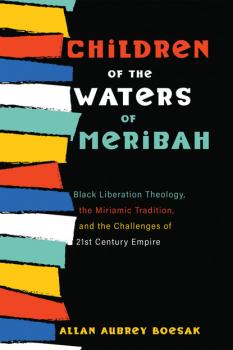ТОП просматриваемых книг сайта:
Allan Aubrey Boesak
Список книг автора Allan Aubrey BoesakАннотация
In the decades since Black liberation theology burst onto the scene, it has turned the world of church, society, and academia upside down. It has changed lives and ways of thinking as well. But now there is a question: What lessons has Black theology not learned as times have changed? In this expansion of the 2017 Yale Divinity School Beecher Lectures, Allan Boesak explores this question. If Black liberation theology had taken the issues discussed in these pages much more seriously–struggled with them much more intensely, thoroughly, and honestly–would it have been in a better position to help oppressed black people in Africa, the United States, and oppressed communities everywhere as they have faced the challenges of the last twenty-five years? In a critical, self-critical engagement with feminist and, especially, African feminist theologians in a trans-disciplinary conversation, Allan Boesak, as Black liberation theologian from the Global South, offers tentative but intriguing responses to the vital questions facing Black liberation theology today, particularly those questions raised by the women.
Аннотация
After the civil rights and anti-apartheid struggles, are we truly living in post-racial, post-apartheid societies where the word struggle is now out of place? Do we now truly realize that, as President Obama said, the situation for the Palestinian people is «intolerable»?
This book argues that this is not so, and asks, «What has Soweto to do with Ferguson, New York with Cape Town, Baltimore with Ramallah?» With South Africa, the United States, and Palestine as the most immediate points of reference, it seeks to explore the global wave of renewed struggles and nonviolent revolutions led largely by young people and the challenges these pose to prophetic theology and the church. It invites the reader to engage in a trans-Atlantic conversation on freedom, justice, peace, and dignity. These struggles for justice reflect the proposal the book discusses: there are pharaohs on both sides of the blood-red waters. Central to this conversation are the issues of faith and struggles for justice; the call for reconciliation–its possibilities and risks; the challenges of and from youth leadership; prophetic resistance; and the resilient, audacious hope without which no struggle has a future. The book argues that these revolutions will only succeed if they are claimed, embraced, and driven by the people.
This book argues that this is not so, and asks, «What has Soweto to do with Ferguson, New York with Cape Town, Baltimore with Ramallah?» With South Africa, the United States, and Palestine as the most immediate points of reference, it seeks to explore the global wave of renewed struggles and nonviolent revolutions led largely by young people and the challenges these pose to prophetic theology and the church. It invites the reader to engage in a trans-Atlantic conversation on freedom, justice, peace, and dignity. These struggles for justice reflect the proposal the book discusses: there are pharaohs on both sides of the blood-red waters. Central to this conversation are the issues of faith and struggles for justice; the call for reconciliation–its possibilities and risks; the challenges of and from youth leadership; prophetic resistance; and the resilient, audacious hope without which no struggle has a future. The book argues that these revolutions will only succeed if they are claimed, embraced, and driven by the people.





